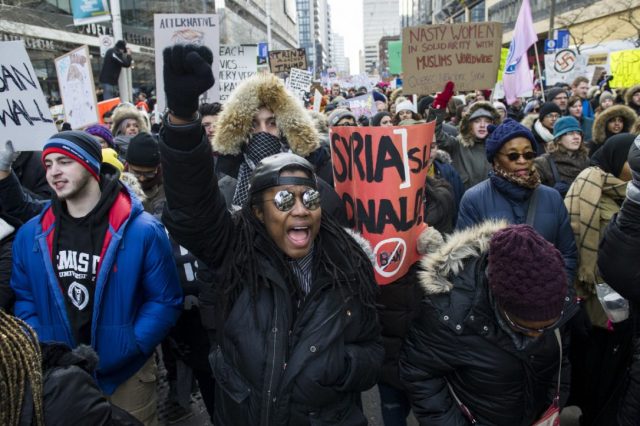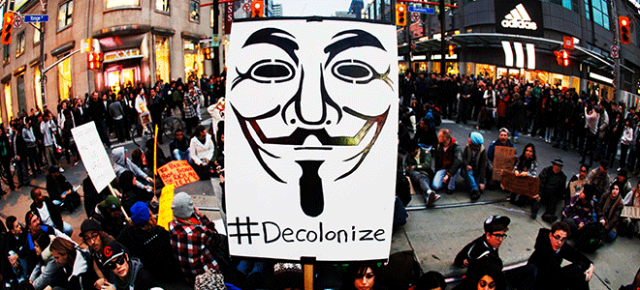As activists, as minority/marginalized groups or simply as students of the neoliberal university, we have the responsibility of standing up for the oppressive and reprimanding functions in our society. The speakers from the Artivism panel clearly demonstrated their passionate dedication to supporting their fellow equals. The first speaker, Audrey Hudson, spoke of how hip-hop gives a platform for silenced voices of Indigenous and non-Indigenous marginalized youth to discuss the histories of decolonization, race, and sovereignty. She gives the example of how Indigenous and Black youth embraced the power of hip-hop; gravitating towards this art form as a platform to tell stories and lived experiences – as the basis of true hip-hop. This made me think about the importance of having open, inclusive and collective spaces for youth to come together, to be able to freely express themselves. Such free forms of art practice/expression are difficult to access or create in a neoliberal university setting, as it usually negates community, or creates lots of red-tape and boundaries for such practices and collectives.
The second speaker, Dr. RM Kennedy, spoke on behalf of the contract faculty protesting for academic freedom and a 50/50 ratio of full and part-time teaching faculty. I believe academic freedom should be endowed in all aspects, through the defacement of neoliberalist logic with thoughts and freedom that reset our point of view. As Preston and Aslett state in Resisting Neoliberalism from within the Academy, “these practices undermine the academy’s ability to function as a ‘public good by creating environments that esteem the values of business and profit-making over those of democratic engagement and critical thinking”. As such, academic freedom is not a priority or value in institutionalized, capitalist spaces. I believe if academic freedom were to be applied within my program’s curriculum, students would gain numerous benefits from having the teachers inject their own wisdom into the material and as an implication, allowing students to personalize and tailor their work to their passions and interests.
The third speaker, Sandra Jeppesen, challenges rape culture, racism, and neoliberalist academies. Speaking on movements such as the SlutWalk, #metoo, Hijabs, Hoodies and Hotpants and #BLM-TO, raises the understanding of empowerment through collectives; when the voices of a collective standing up for something become so loud that there is no way not to listen. With the rise of media activism, humanity’s agency is louder and grander than ever – making it easier to put the power into question, create transparency and inevitably grow more eyes to see, ears to hear and voices to speak up with.
Susanne Nyaga also focused on the power of the human force for good and standing up for other marginalized folks. She focuses on anti-Blackness, holding institutions accountable for the way marginalized bodies move through spaces that were not initially created for them. As students, educators, and activists we need to think about how we can help create this reform, in what ways can we take responsibility? Perhaps it is our responsibility to take charge and be politically, socially and actively engaged with our fellow peers because care is solidarity and the louder we are, the greater of a chance we will be heard. Evolution towards a more compassionate and conscious world is a decision we have to all make in each and every moment.

